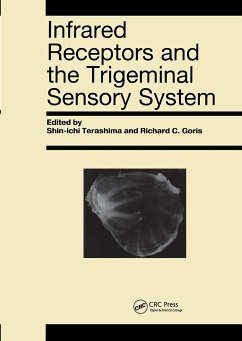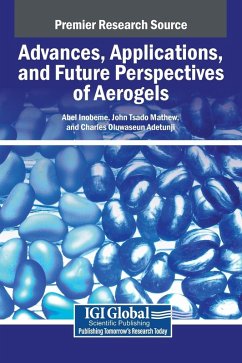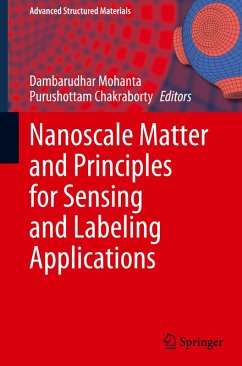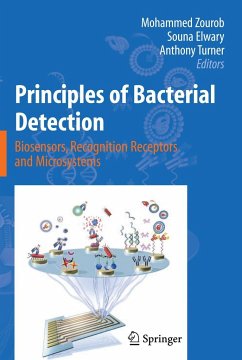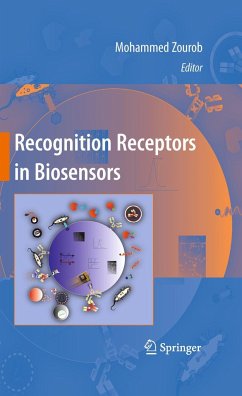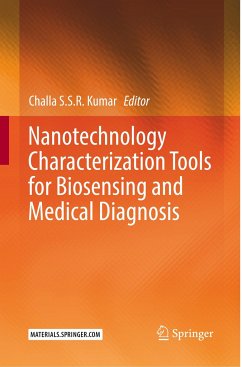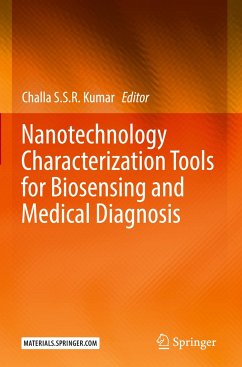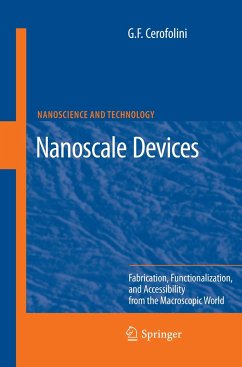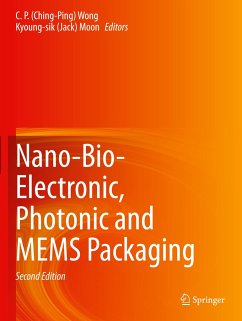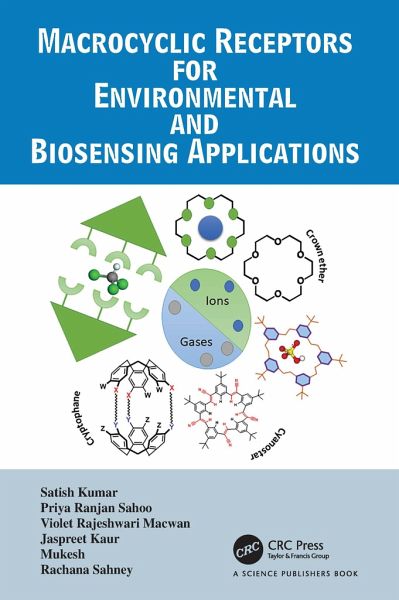
Macrocyclic Receptors for Environmental and Biosensing Applications
Versandkostenfrei!
Versandfertig in 1-2 Wochen
254,99 €
inkl. MwSt.
Weitere Ausgaben:

PAYBACK Punkte
127 °P sammeln!
The book is designed to highlight the utility of supramolecular systems in diverse areas such as sensing of ionic and molecular analytes, aggregation, artificial molecular machines, biology, and medicine. The synthetic chemistry of a diverse set of supramolecules encompassing various supramolecular interactions involved in driving macrocyclic architectures is discussed. Attempts have been made to cover unique features of macrocycles viz. control over shape, size, and valency along with supramolecular interactions, which direct complex supramolecular systems. The book also provides a discussion...
The book is designed to highlight the utility of supramolecular systems in diverse areas such as sensing of ionic and molecular analytes, aggregation, artificial molecular machines, biology, and medicine. The synthetic chemistry of a diverse set of supramolecules encompassing various supramolecular interactions involved in driving macrocyclic architectures is discussed. Attempts have been made to cover unique features of macrocycles viz. control over shape, size, and valency along with supramolecular interactions, which direct complex supramolecular systems. The book also provides a discussion on the similarity between macrocyclic host-guest systems and biomolecules, which lay the foundation of building modern artificial molecular motors and switches like protein machines for application in diverse areas. The authors hope that the book will appeal to a wider audience of students and researchers in academics and/or industries.




